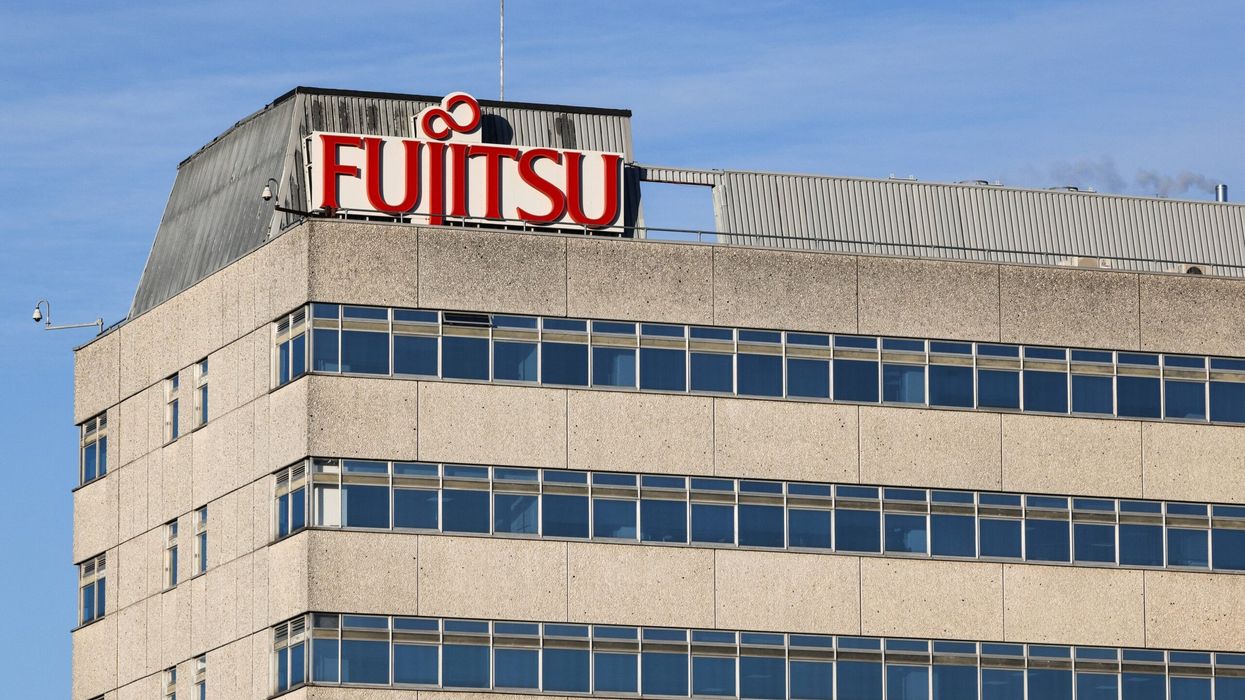AUSTRALIA held their nerve with the ball to secure a seventh successive final appearance in the Women’s T20 World Cup with a tense five-run victory over India in their semi-final at Newlands in Cape Town on Thursday (23).
Australia won the toss and elected to bat, posting a par score of 172 for four, before restricting India to 167 for eight in reply. They will now await the winner of Friday’s second semi-final between England and hosts South Africa.
Australia’s total came thanks to a 37-ball 54 from opener Beth Mooney and an excellent 49 not out from 34 balls by captain Meg Lanning.
Lanning and Ash Gardner (31 from 18 balls) gave the innings important impetus towards the back end as they put on 53 in six overs to propel Australia to what proved a winning score.
"That is one of the best wins I've been involved in, to fight back after not playing our best cricket in all three facets," Lanning said at the post-match presentation.
"India came hard at us, so we knew this score would be hard to defend. But we pulled through in the clutch moments.
"I think we are able to stay calm and composed, we didn't panic even when we weren't bowling well. These are the kind of games we want to win."
India were always up with the required run rate, but lost regular wickets until Jemimah Rodrigues (43 from 24 balls) and captain Harmanpreet Kaur (52 from 34 balls) put on 69 for the fourth wicket to put their side in the driving seat.
But they were struck a blow when Kaur was run out in bizarre circumstances in a turning point in the game as her bat got caught in the wicket as she tried to slide it in and she ended up short of the line in what had appeared an easy run.
India went into the final over needing 16 runs to win, but spinner Gardner (2-37) bowled Australia to victory with an excellent all-round performance.
"We got the momentum back (with the bat). To lose from there, we weren't expecting this. The way I got run out, you can't be unluckier than that," Kaur said.
"We again gave some easy catches away. When you have to win, you have to take your chances. We can only learn from this."
(Reuters)













